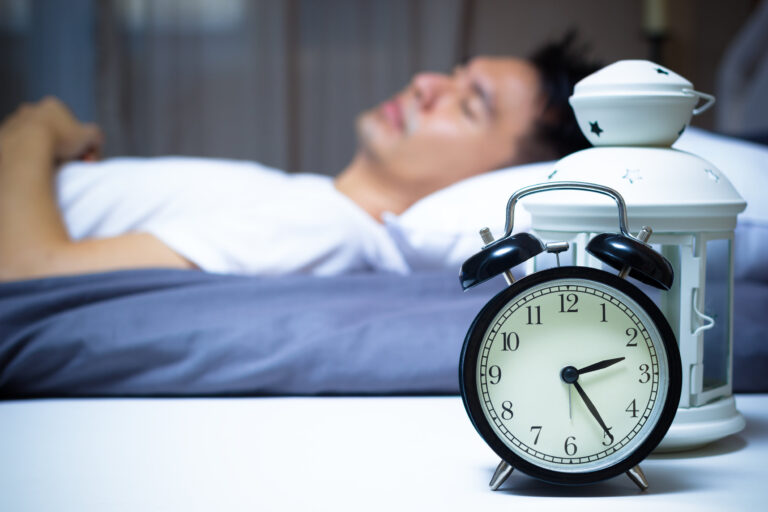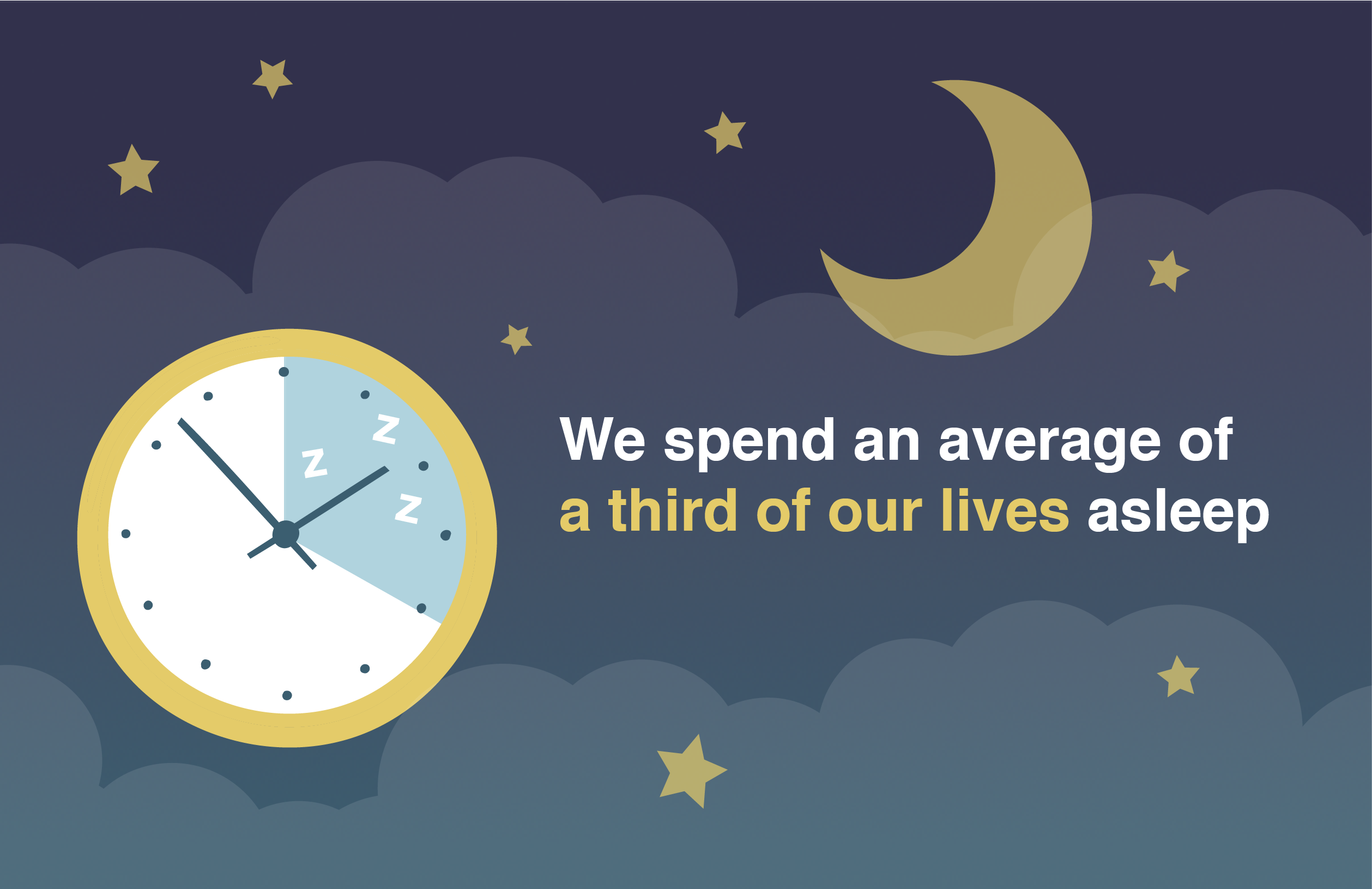Sleep is very important!
Getting less sleep
As we grow older, we become busier and that means, staying up late at night to finish off our work or burning the midnight oil. I am still a victim of this. As students, we often want to do well and that means studying hard for the required modules. Last semester, I was doing a corporate finance internship on a part-time basis while studying full time. It was a heck of a semester because the amount of work I had to do was insane. To make things worse, I took 4 modules, all of which had a final examination, and one of the modules was a programming module. It was my first ever programming module that I took at SMU, and it sapped a lot of my energy. On top of that, I had to also produce quality work for my internship because I really wanted to gain something out of the internship. I was also attending football training every week because it was my way of destressing and calming myself. All of this culminated in having my sleeping hours reduced. On average, I was able to get 5 hours of sleep every day and this includes the weekend because I was also working on the weekend. Initially, I thought I could get over the sleep deprivation, but over time, I was mentally and physically exhausted. However, I was able to pull through and ended the semester with a decent grade. I say decent because I did not get the score I expected, but I knew that compromise had to be made. Now, before I move on to explain the importance of sleep, you may be wondering how I managed to pull through. The answer is that I tried to maximize the amount of deep sleep I got, and I took lots of caffeine either through coffee or energy drinks (monster especially). This is unhealthy and dangerous as you may begin to develop compulsive behaviours and possibly addiction.
Importance of sleep
Getting enough sleep is very crucial because it affects the body in many ways and consequently our actions. There have been many cases in which lack of sleep has resulted in accidents. Approximately 70% of people are sleep deprived and a third of the world’s population sleeps 6 hours or less. This is because as we advance to the future, the world is evolving rapidly and it is moving faster; hence, we have to keep up with this movement resulting in less sleep being registered. Think about it, if we sleep 8 hours a day, we are spending a third of our life on sleep and this shows that sleep is a major part of our lives. According to Harvard Medical School, 1 in 5 car crashes happens due to drowsy driving and there is 1 million crash per year coupled with 500,000 injuries per year and 7,000 death per year.
The brain, a critical organ of the human body, requires sleep because
1) Sleep helps to fulfill biological needs – both deep slow wave sleep and REM sleep aids in this
2) Sleep helps to maintain focus, attention, and alertness
3) Different stages of sleep are associated with the integration of daily learning with prior experience – more associated with the REM sleep
4) Replenishes energy sources
5) Repair and maintain brain cells: prune connections and remove toxins (Beta Amyloid) of which, if not removed, could cause diseases such as Alzheimer’s Disease
6) Sleep helps in mood regulation
7) Aids in heart, blood pressure, resistance to infection and other functions
I have listed the critical benefits of sleep, but there are still more to it. Insufficient sleep can cause sleep apnea, which can increase the risk of cardiovascular death by 420%. It affects 1 out of 3 men and 1 out of 6 women. I always wonder why I feel so tired every day despite drinking caffeinated drinks. It turns out that caffeine only blocks the receptor for adenosine. Adenosine attaches to the receptor and with higher and higher concentrations, adenosine inhibits arousal and causes sleepiness. However, caffeine does not fulfil biological needs, which thus makes me feel tired despite having consumed 2 cans of Monster Energy and 1 cup of coffee every day. Then I tried to play with some of the laws of nature by catching up on sleep (reducing my sleep debt). We all have a biological clock that holds us to sleep at a certain time and be awake at a certain time. So, when we are sleep deprived, we try to catch up on sleep. However, it takes around 3 to 4 days for sleep to catch up with our biological clock. We do not catch up on our sleep in a day, where we sleep additional hours to make up for the hours we lost. So the lesson learned is to have enough sleep every day. But some may be wondering how do we ensure we get sufficient sleep?
Optimizing your sleep
Before we understand how we optimize our sleep, we should understand what causes us to lose sleep and these are called “sleep stealers”. It comes in various forms such as your electronic devices and caffeinated drinks. The electronic device can distract you from falling asleep but it also emits lights that suppresses the hormone melatonin which helps regulate circadian rhythm and synchronize our sleep-wake cycle with night and day. In doing so, Melatonin facilitates a transition to sleep and promotes consistent, quality rest. The lights also shift our circadian rhythm to a later hour which makes us more difficult to wake up in the morning and hence, wake up at a later time. Caffeine is also another culprit that affects our sleep and I have mentioned its mechanics in the paragraph above. So how do we optimize our sleep?


Firstly, we have to declutter our minds from our work. Often than not, when we are trying to fall asleep, we are thinking about our work and the tasks that need to be done the next day. I have experienced this before, and the way I approach this is to note whatever I have on my mind on a piece of paper. I will list each and every task I have in the notebook and then go to bed. It is also recommended to use a blank piece of paper or notebook without lines because it helps to ensure you will not nit-pick on the tidiness of the sentence you wrote (very applicable to those with OCD). Secondly, make sleep a priority. Normally, we will have an alarm for us to wake up and get ready for work or school. I recommend that we also set a bedtime alarm to remind us to go to bed when it is the time to do so. It is advisable that we sleep at the same time every day and be consistent with it because it will help our circadian rhythm and from my personal experience, it aids in falling asleep! Lastly, keep personal devices out of reach as we tend to pick up our phones and tablets when we are trying to fall asleep. I can assure you that this will greatly help in ensuring one falls asleep quicker. As a bonus, I also have devices that aid in my sleep and recovery. I try to always maximize the amount of deep sleep I get because this is the stage where my body recovers and recuperates. In my opinion, this stage is very important for those who have an active lifestyle but are not able to get as much sleep as possible. On days when I slept for 5 hours, I felt tired and lethargic. On days where I had very little deep sleep, but on days where I managed to get more deep sleep, I was energetic. This is based on my personal experience, and you may try it out to see if it works for you. I recommend you to get either of these sleep tracking devices – 1) Whoop or 2) Oura Ring. They are both great options if you would like to start your fitness journey and track your sleep. These devices together with their mobile applications can inform you whether you are ready to tackle the day ahead, which I believe is very accurate and is helpful to your health and fitness goals.
Till then, I hope you know the importance of sleep. Do start adjusting your sleep schedule! I have attached the video on the two devices as well a video on sleep by Harvard Medical School for your reference.
Sources:
https://www.sleepfoundation.org/melatonin#:~:text=Darkness%20prompts%20the%20pineal%20gland,and%20promotes%20consistent%2C%20quality%20rest
https://healthysleep.med.harvard.edu/healthy/matters
https://www.verywellhealth.com/adenosine-and-sleep-3015337#:~:text=3%20With%20higher%20and%20higher,adenosine%20in%20effect%20cause%20sleep
https://www.news-medical.net/health/What-is-Adenosine.aspx#:~:text=Adenosine%20in%20the%20brain,the%20brain%20rise%20each%20hour
https://www.mayoclinic.org/diseases-conditions/sleep-apnea/symptoms-causes/syc-20377631#:~:text=Sleep%20apnea%20is%20a%20potentially,occurs%20when%20throat%20muscles%20relax
https://www.whoop.com/thelocker/what-is-slow-wave-sleep-sws/
https://open.spotify.com/episode/2uGCCcdVJc2UX7LzK7G75l?si=wJyUGSvORpSH_eJlxdeRrw

